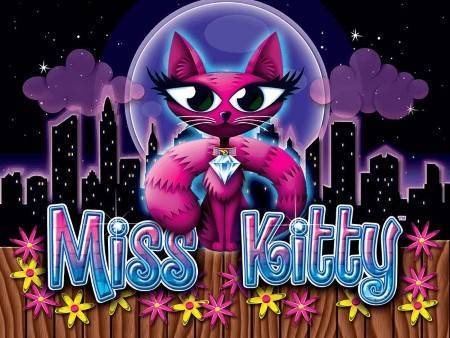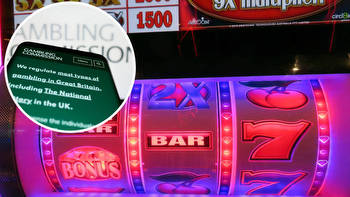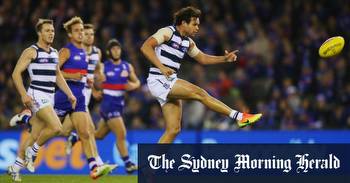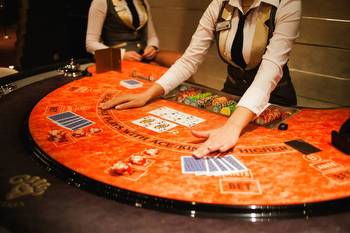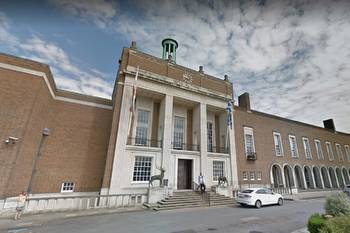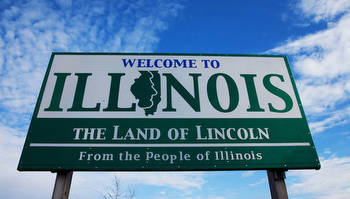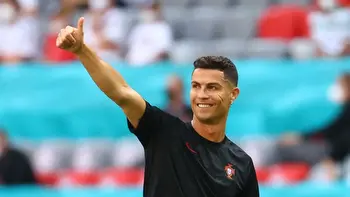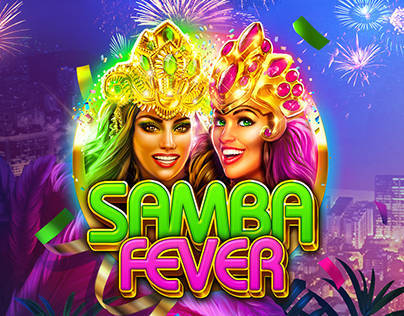A generation of children increasingly think gambling is inextricably linked with the AFL
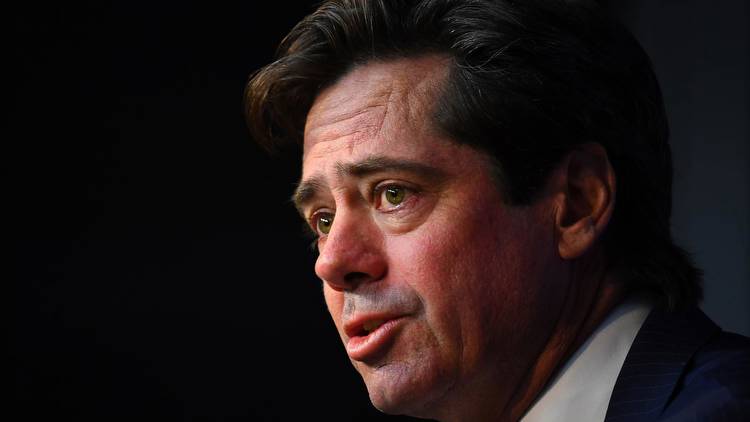
AFL’s chief executive, Gillon McLachlan, will receive many tributes for his eight-year legacy of running the premier sporting code in the nation and guiding it though Covid to deliver joy to millions, despite terrible lockdowns. That is rightly so – but there is a huge shadow over his legacy.
McLachlan took over as chief executive from Andrew Demetriou, who immediately joined the Crown Resorts board and helped strike a deal with his protege around sports betting, as the newly created Crownbet became the major gambling sponsor of the AFL.
Demetriou eventually had to – along with most of the directors – resign from the Crown Resorts board after a royal commission-style inquiry in NSW. But Demetriou’s legacy lived on, as his successor twice renewed the $10m-a-year “official AFL gambling partner” deal, while Crownbet became Beteasy, which was then taken over by Sportsbet.
As a result, we’ve now got the Sportsbet Brownlow medal and a Sportsbet grand final, as a generation of children increasingly think that gambling is inextricably linked with our great Aussie game.
Under McLachlan’s leadership, the AFL pocketed close to $100m of direct gambling sponsorship revenue and signed television rights deals, which led to a tsunami of advertisements from foreign-owned betting agencies across television, radio, digital and at all grounds where AFL matches are played – with the noble exception of Geelong.
The original Sportsbet, pioneered by rich lister Matt Tripp, was estimated to be worth just $250,000 in 2005. But after a successful high court challenge that broke advertising restrictions and the state Tab monopolies, Tripp and a gaggle of global competitors got cheap gambling licenses out of the Northern Territory government and signed deal after deal.
Sportsbet is now owned by Dublin-based Flutter Entertainment, the world’s biggest online gambling company, with a market capitalisation of $29.5bn. In its latest results, Flutter gloated about having 50% of Australia’s online gambling market, with 1.1 million regular monthly gamblers who collectively lost $2.3bn to Sportsbet alone in 2021.
They described this as “excellent performance”.
The same, sadly, is true of the other major sporting codes where Sportsbet is also the “official gambling partner” (the NRL), while the British-owned Bet 365 has Cricket Australia locked up.
This is the first generation of parents who have had children grow up watching sport while being bombarded with constant gambling advertisements. A generation ago (except for horse and greyhound racing) this was unthinkable.
We need to remember that gambling is an adult product like alcohol, tobacco and legalised brothels. We do not let them get in children’s faces even though all are legal.
Gambling sponsorship and advertising in family friendly television viewing hours is the exception, and is now everywhere. We have surrendered to a dangerous and addictive adult product that has legitimised itself by seizing the commanding sporting heights.
This has changed their perception of sport and introduced the language of betting odds into many sporting conversations our children have. Every AFL Club app that kids have on their phones has the odds come up first when you just want to check the teams or starting time for the game.
This particular scourge is because the AFL handed the keys to its digital data empire to the highest gambling bidder.
The federal government is certainly not blameless, as Australians continuously win the world record for per capita gambling losses, which will hit $25bn this year alone.
The prime minister and his minister for communications, Paul Fletcher, refuse to heed our call to ban sports betting sponsorship and advertisements. Spain and Italy has recently banned gambling sponsorship of all sporting teams, particularly soccer.
But in Canberra they are timid regulators, having banned in-play betting but little else. Instead, family viewing shows from MasterChef to The Block and even the 6pm news are plastered with betting advertisements.
Remember that we removed the Benson and Hedges Cricket Cup sponsorship, although tobacco is still legal, and we removed the Foster’s AFL Grand Final as inappropriate for family enjoyment of the game. But our politicians have literally succumbed to betting agencies, sitting idly by while pocketing their donations, as these increasingly multinational companies demonstrate state capture of regulators.
The AFL and other codes have sold us an “inevitability story”: that but for the sports betting sponsorships, we could not enjoy top-tier professional sport.
But there is nothing inevitable about having gambling so entwined with sport.







